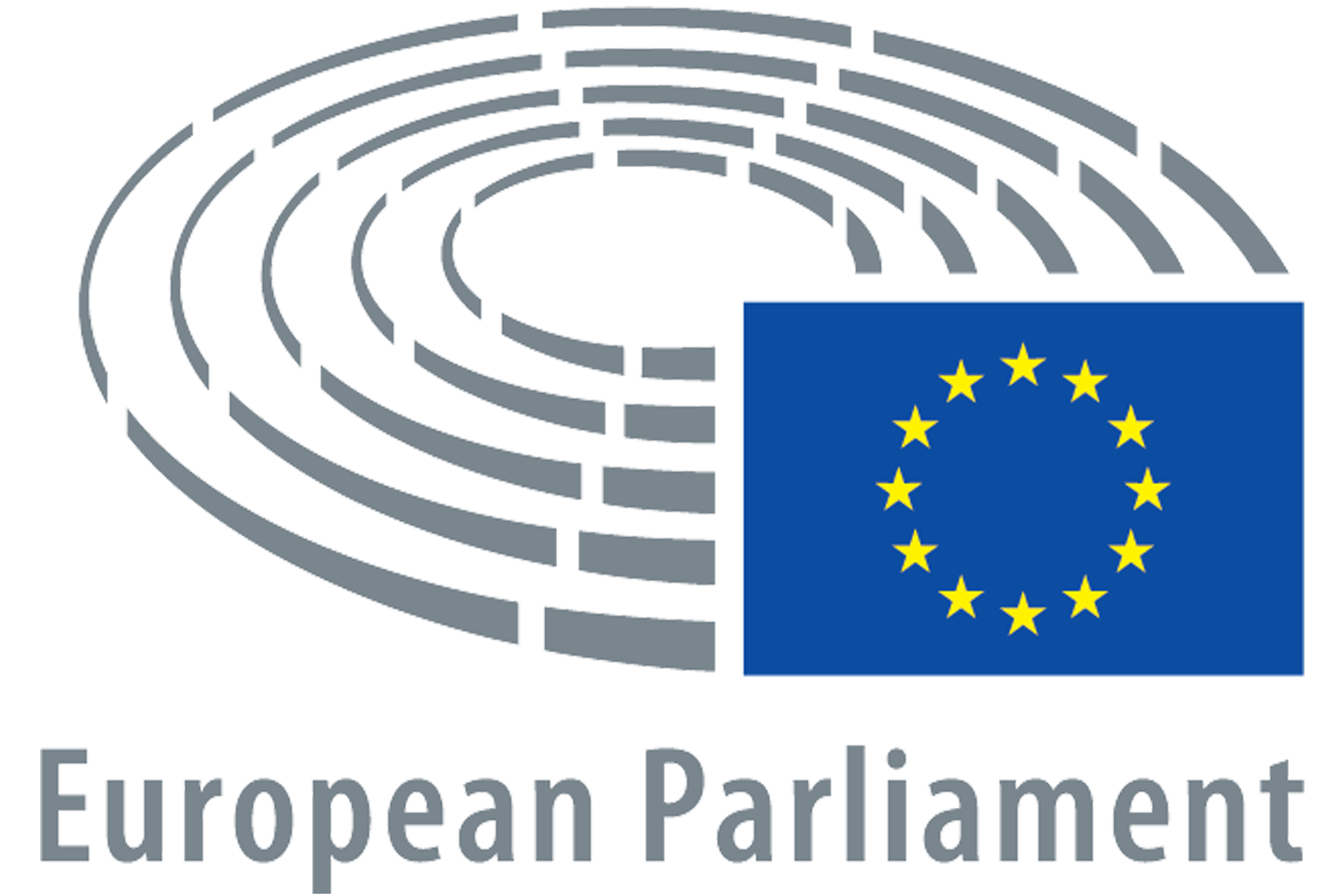

The Issue Remarkable for Its Absence: The Resilience of Neo-Liberalism in Europe
I wrote about the absence of discussion around neoliberalism, the real problem facing the UK and Europe, for the Cambridge University Press blog.

The New EU Governance: New Intergovernmentalism, New Supranationalism, and New Parliamentarism
I was was in Brussels on June 16 to give a talk at a seminar hosted by the Open Society European Policy Institute and the Istituto degli Affari Internazionali based on my contribution to the IAI’s essay collection Govering Europe: How to Make the EU more Efficient and Democratic.

The Search for Europe: Contrasting Approaches
I was in Madrid on May 5 at the invitation of the BBVA Foundation to discuss my contribution on the EU’s impact on national democracy for their new collection of essays: The Search for Europe: Contrasting Approaches.

Vivien Schmidt in El Español on “The Seven Challenges Facing Europe”
Spanish readers: Here is the link to an article on “The Seven Challenges Facing Europe,” for which I was interviewed along with Christopher Bickerton, published yesterday in El Español.

British Journal of Politics and International Relations Prize
I was awarded a prize for best paper published in BJPIR (the British Journal of Politics and International Relations) 2013, for my paper entitled, “Speaking to the Markets or to the People? A Discursive Institutionalist Analysis of the EU's Sovereign Debt Crisis.”

Saving Social Europe: Going Beyond The EU’s “Governing By The Rules And Ruling By The Numbers”
Please see my recent op-ed for Social Europe Journal, Saving Social Europe: Going Beyond Governing by the Rules and Ruling by the Numbers, in which I write about the continued travails of the Eurozone crisis, with suggestions on how to move beyond the austerity policies enacted since 2008.

Why Are Neoliberal Ideas So Resilient?
Given the abject failure of the neo-liberal policy offer, why has it persisted as the dominant approach to European policymaking and is there any way out? Mark Thatcher and I address this question in an opinion piece for the online think-tank Policy Network. The piece builds on their argument in our co-edited book, Resilient Liberalism in Europe's Political Economy.

The Eurozone Crisis Challenge to Democracy: Which Way Forward?
Does the euro crisis ring the death knell for European citizens' influence in the EU decision-making process?

Vivien Schmidt testimony before the European Parliament
On October 4, 2012, I gave testimony to the European Parliament’s Constitutional Affairs Committee, which held an all-day inquiry into European Governance and the Future of Europe.

EU Austerity Measures: Why The Nobel Peace Prize Matters
In receiving the Nobel Peace Prize, the leaders of the European Union should not only take a moment to feel justifiable pride in the recognition of the EU’s past accomplishments, but they should also take a moment to reflect on what they’re doing today in the midst of the Eurozone crisis that may undermine that very achievement.

Can the EU Bicycle Turn into a Jet Plane by 2020?
As part of its EuroFuture paper series, the German Marshall Fund of the United States (GMF) is releasing a paper I wrote entitled, “Can the EU Bicycle Turn into a Jet Plane by 2020?”

Eurozone Crisis Reveals Lack of Clear Leadership
Most of the attention to the eurozone crisis in the business pages of US newspapers is on economics. Will eurozone countries default on their debt? Are the spreads on debt too high to be sustainable? Are the banks the real risk? Will the euro break up with a Greek exit? Or will it be Germany?

Democratizing the Eurozone
In recent months, more and more attention has been focused on the failure of the Eurozone leaders’ policies of fiscal consolidation, with growth presented as the alternative. The problems for the Eurozone stem not just from the policies, however. They also come from the governance processes and the politics—or lack thereof.

Europe 2012: The Devil Is in the Details
The big question for the EU in 2012 is not only: “will it solve the debt crisis?” It is also: “will it survive the solution?”

Saving the Euro Will Mean Worse Choices for Europe
Markets are reeling because Europe's leaders have only offered up half-measures to resolve the crisis. Not until Brussels, Paris, and Berlin realize the fundamental flaw in their current approach—a lack of real political and economic integration across the eurozone—will there be an end in sight.

Can Technocratic Government be Democratic?
The resignations of Papandreou in Greece and Berlusconi in Italy, replaced by technocratic governments, have raised questions about the democracy of technocracy.